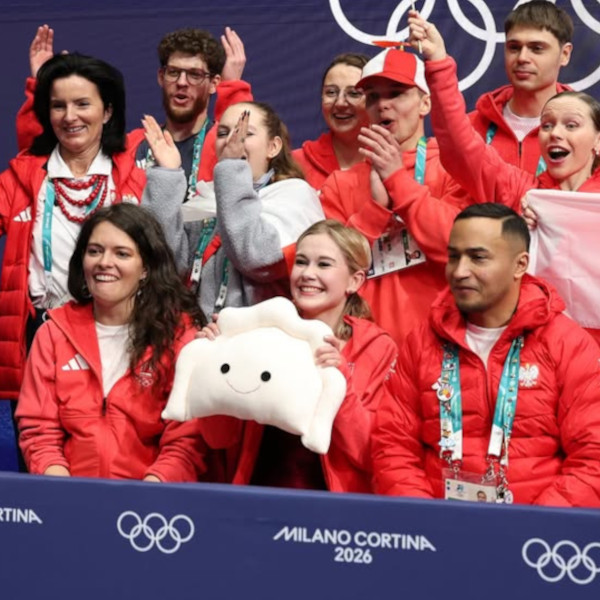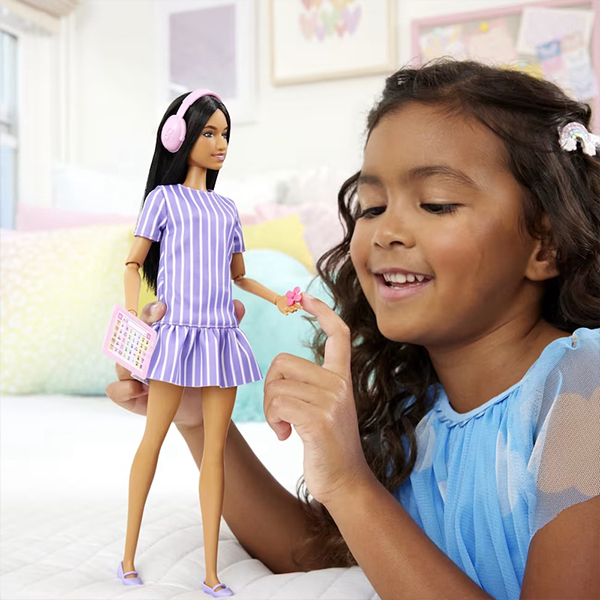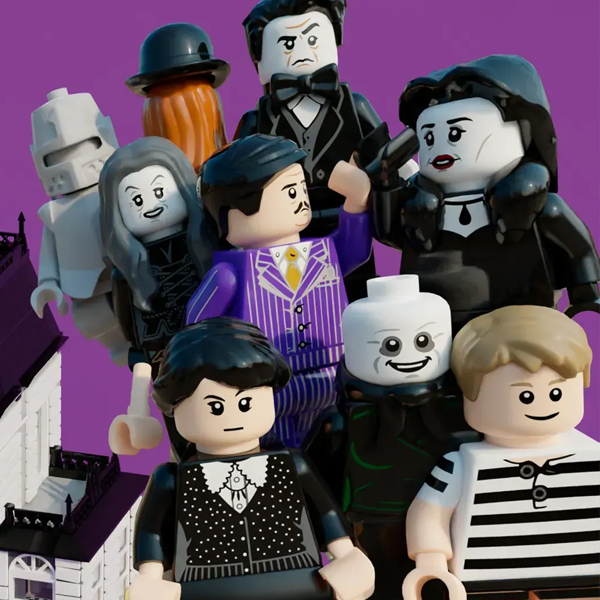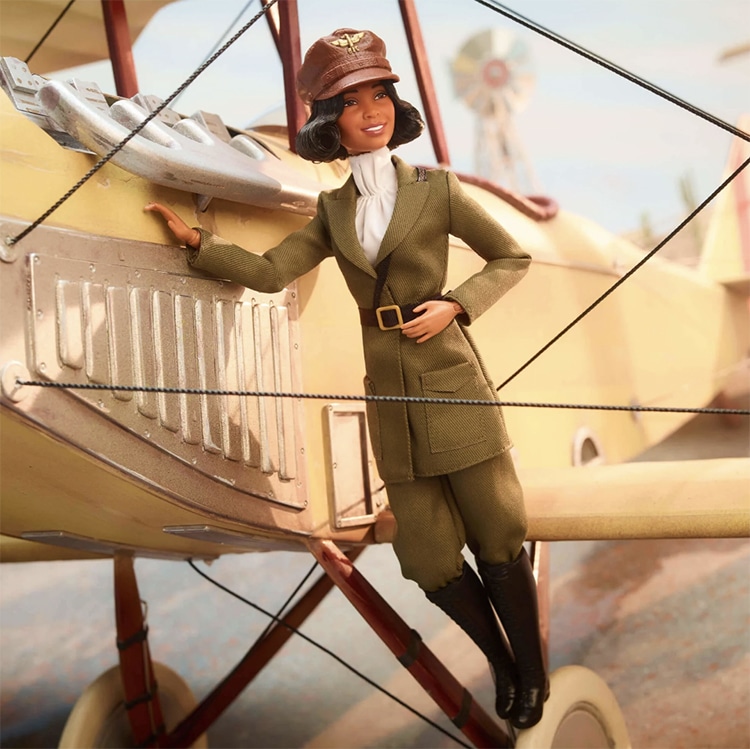
Photo: Mattel
In the 1920s, very few Americans had even set foot in an airplane. But lucky viewers across the states just might have caught an epic show by “Queen Bess,” also known as Bessie Coleman. The daring pilot broke dual barriers of gender and race, becoming the first Black and Native American female aviator. Her aerial loops made her famous in life; but almost 100 years after her tragic death in a plane accident in 1926, she is just as inspiring. Mattel has added to Coleman's long list of post-humous tributes by sculpting the aviator into a Barbie doll for their Inspiring Women series.
The doll—designed with poseable joints by Carlyle Nuera—comes dressed in a historical flight suit and cap. The inspiring toy allows young minds to explore Coleman's adventures for themselves. Adult collectors can also appreciate the authentic appearance and certificate of authenticity. Coleman joins other legends immortalized in Barbie plastic, including Tina Turner, Madam C.J. Walker, Jane Goodall, Queen Elizabeth II, pandemic nurses and doctors, Naomi Osaka, Maya Angelou, and Susan B. Anthony.
Like the other women in the growing series, Coleman spent her life making a name for herself, resulting in an enduring legacy. Born in 1892 in Texas to a family of 13 children, her early life was spent picking cotton and washing laundry to help her family get by in the segregated South. Coleman saved up to attend college, but could only afford one semester. After that she tried beauty school in Chicago. However, when her brothers came back from fighting in Europe during World War I, she discovered her true passion. They told her about French women learning to fly airplanes, something not seen in America. Coleman felt a calling. She applied to countless American schools, but none would accept her as a Black woman.
To pursue her dreams, Coleman had to learn French and write applications to French flight schools. Eventually she was admitted to attend the Caudron Brothers' School of Aviation in Le Crotoy, France. She received her pilot’s license at last in 1921 from the Fédération Aéronautique Internationale. Coleman then returned to the United States to raise money for her dream: her own plane and flight school. She lectured, and in 1922 made history with the first public flight by an African American woman. She quickly became famous for her daring figure eights. She also took a strong stand against discrimination, refusing to perform or speak where audiences were segregated.
In 1923, Coleman survived a plane crash with severe injuries which eventually mended. She purchased her own plane shortly after her return to the air. Unfortunately, in 1926, Coleman and her mechanic William Wills were soaring far above the ground when a wrench got loose and stuck in the engine. The roofless plane flipped, dumping Coleman, who did not survive her fall. Wills was killed in the impact when the plane came to earth. Deeply mourned, her Chicago funeral was presided over by famous activist and journalist Ida B. Wells-Barnett.
Since her untimely death, Coleman has been honored with flyovers over her grave, aviation clubs named in her honor, and a U.S. stamp in 1995. In 2023, she will adorn a U.S. quarter minted as part of the American Women Quarters Program. Mattel's doll is just one more honor—one that will hopefully inspire children everywhere, particularly little girls who dream of flying.
Mattel has created a Barbie in the likeness of legendary aviator Bessie Coleman as part of their Inspiring Women series.
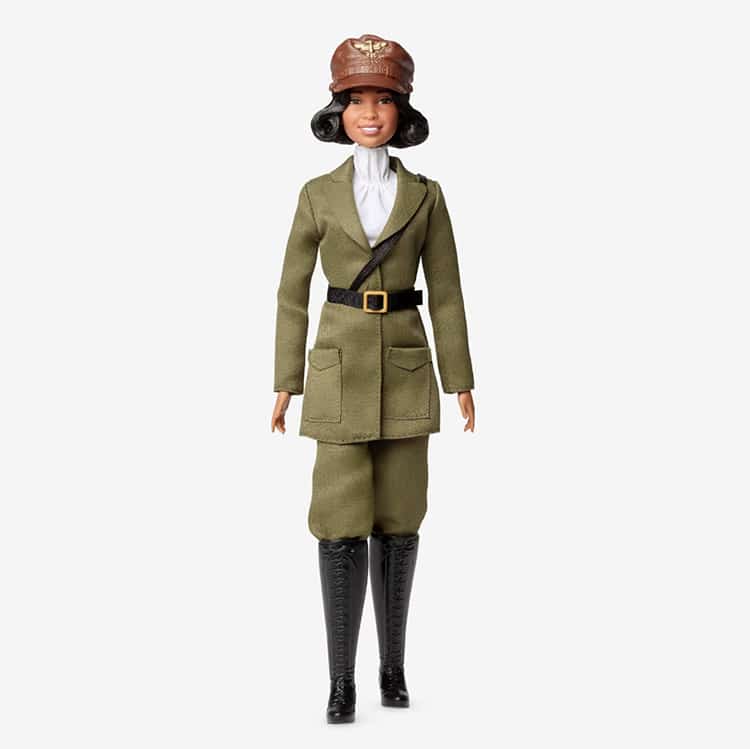
Photo: Mattel
The doll's release honors her birthday on January 26 birthday as well as the start of Black History Month.
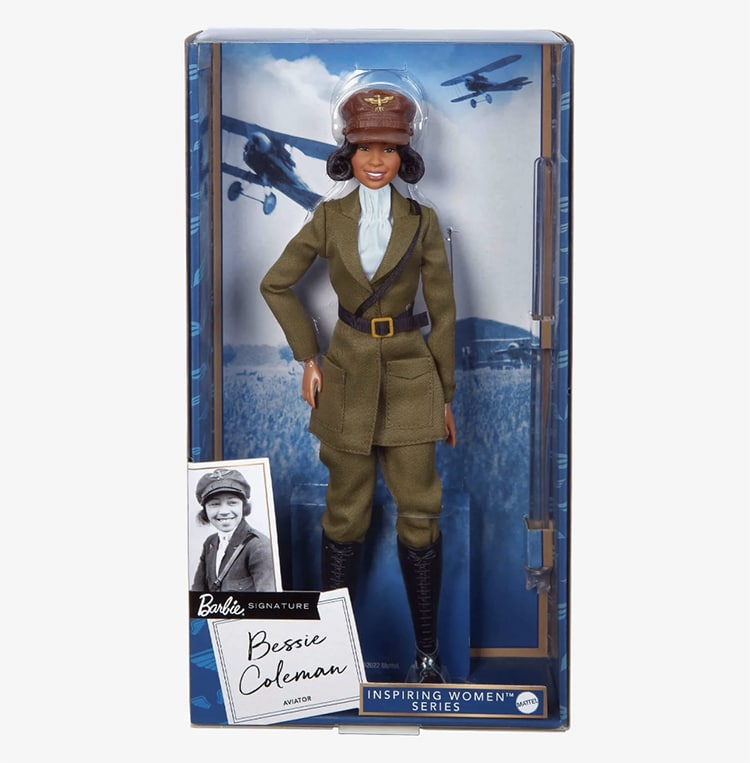
Photo: Mattel
h/t: [WLWT5]
Related Articles:
Mattel Unveils More Barbie Dolls to Celebrate the Diverse Beauty of Black Women
Doll Photographer Reimagines Barbie and Ken as Soviet Civilians Living in the USSR
Barbie Celebrates Día de Muertos 2022 With Three Colorful Day of the Dead Dolls
Barbie Just Introduced Its First Doll With Behind-the-Ear Hearing Aids











































































